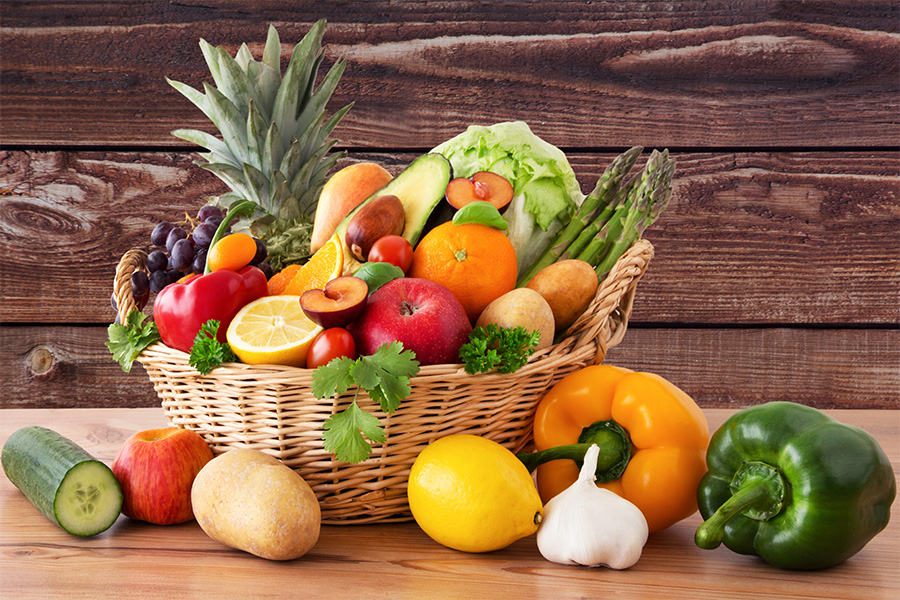Food
-

Read about safe thawing, cooking, and storing a turkey, including current estimates of the time needed for safe thawing and cooking. Because bacteria can multiply rapidly at room temperature, never defrost a turkey on the counter! The cold water and microwave methods may be used when you don’t have time to thaw your turkey in the refrigerator. Whole poultry is safe when the meat is cooked to a minimum internal temperature of 165 °F as measured with a food thermometer. All turkey meat, including any that remains pink, is safe to eat as long as all parts reach at least 165 °F.
Carla Luisa Schwan
|
-

B 989
So Easy To Preserve
Considered the authority on preserving food at home, So Easy to Preserve covers preserving, canning, pickled products, sweet spreads and syrups, freezing, and drying food at home. The latest edition has 10 new products and two revised product recommendations, and the book is suitable for both new and veteran food preservers.
Carla Luisa Schwan, Elizabeth L. Andress, and Judy A. Harrison
|
-

C 717
Winemaking at Home
This publication provides essential material and detailed instructions for successfully making wine at home. The information is designed for beginners who do not know where to begin and for experienced amateurs who run into difficulties.
William C. Hurst
|